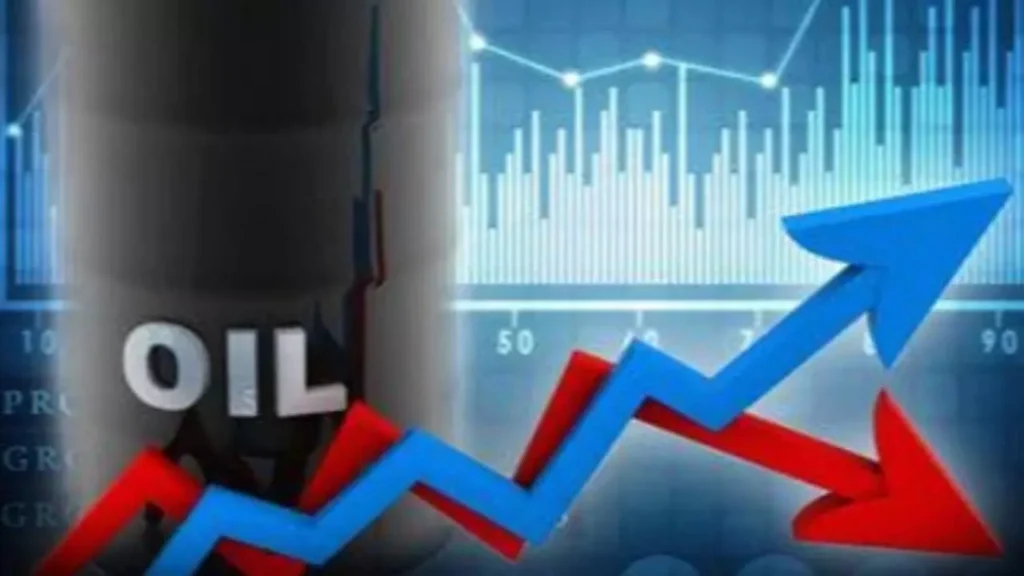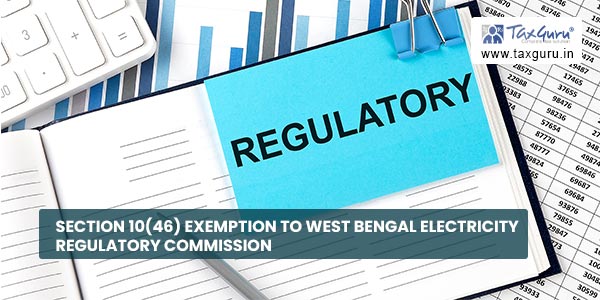The potential return of Donald Trump to the White House has sparked significant discussions about its implications for global markets and economies. At the ET India Ascends event, policymakers, industry leaders, and economists shared their perspectives on how Trump’s policies could affect India, particularly in energy, economic resilience, and diaspora relations.
1. Boost in Energy Supplies: A Win for India
India’s energy security could receive a major boost with Trump’s return, as highlighted by Hardeep Singh Puri, Minister for Petroleum and Natural Gas. The United States is projected to ramp up oil production by an additional 1 million barrels per day (mbd), potentially easing global oil prices.
“More energy from the US is going to come on the market. With a Trump victory, you can be sure that’s going to happen,” Puri stated.
Lower oil prices would directly benefit India, one of the largest oil importers globally, by reducing import bills and easing inflationary pressures. This would allow India to allocate resources toward renewable energy projects, aligning with its commitment to sustainability.

2. Renewables Story Intact: Balancing Energy and Affordability
While increased U.S. oil production may dominate the short term, India’s renewable energy push remains strong. Puri emphasized the government’s commitment to ensuring energy affordability without compromising on long-term sustainability.
India’s balanced approach to energy—focusing on traditional sources for immediate needs while aggressively investing in renewables—positions the country well for the future.
3. India’s Economic Resilience: Prepared for Policy Shifts
Chief Economic Advisor (CEA) V. Anantha Nageswaran assured attendees that India is well-prepared for any shifts in U.S. policy under Trump’s leadership. Highlighting India’s robust economic fundamentals, Nageswaran cautioned against overreacting to short-term stock market volatility.
“India is better prepared this time around for Donald Trump’s return,” he noted.
India’s diversified trade partnerships, strong forex reserves, and proactive fiscal policies ensure resilience against global uncertainties, providing a safety net against potential disruptions in international relations or trade policies.
4. Migrants’ Contributions and Community Misconceptions
The actions of a few misguided individuals abroad should not tarnish the reputation of the larger Indian diaspora, Puri stressed. He referred specifically to the situation in Canada, where a small group of Khalistan supporters has drawn attention.
“Most migrants are hardworking people who go abroad to better their lives,” Puri remarked, urging nuanced understanding of such issues.
India’s diplomatic efforts focus on safeguarding its diaspora’s reputation while addressing challenges posed by fringe elements. This balanced approach strengthens India’s global image and promotes unity within the international Indian community.
5. Market Volatility: Why India Should Stay the Course
The event also shed light on the stock market’s current volatility, a result of geopolitical and economic shifts. Economists like Prachi Mishra and V. Anantha Nageswaran urged policymakers and investors to focus on long-term strategies instead of reacting impulsively to short-term fluctuations.
India’s steady growth trajectory, coupled with ongoing reforms, ensures that the country remains an attractive destination for global investors, irrespective of external conditions.
FAQs
1. How will Donald Trump’s return impact India’s oil imports?
Trump’s policies are expected to increase U.S. oil production, leading to lower global oil prices. This would reduce India’s import costs and improve energy affordability.
2. Is India focusing only on traditional energy sources?
No, India is actively balancing its energy strategy. While traditional sources address immediate needs, significant investments in renewables ensure long-term sustainability.
3. What measures has India taken to prepare for global economic changes?
India has strengthened its economic fundamentals through diversified trade, strong forex reserves, and proactive fiscal policies, ensuring resilience against global uncertainties.
4. How does India address misconceptions about its diaspora?
India promotes a nuanced perspective, emphasizing the contributions of hardworking migrants while diplomatically addressing challenges posed by fringe groups.
5. What should investors do in the face of market volatility?
Investors should focus on long-term strategies and avoid reacting impulsively to short-term market fluctuations, leveraging India’s steady economic growth.
Conclusion: A Bright Future Amid Global Changes
The potential return of Donald Trump as U.S. President presents both challenges and opportunities for India. Increased energy supplies, strong economic fundamentals, and a resilient approach to geopolitical shifts position India as a key player in the global economy.
As policymakers like Hardeep Singh Puri and V. Anantha Nageswaran emphasized at the ET India Ascends event, India is well-prepared to navigate these changes. By focusing on energy security, economic resilience, and diaspora contributions, the country is poised to thrive in a dynamic global environment.
For more insights on how global events shape India’s economy and policies, visit SmartTaxSaver.com. Stay informed, stay prepared.



